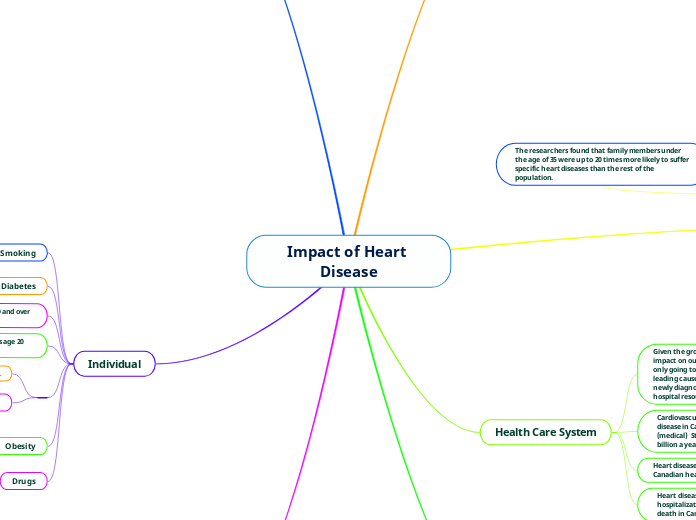von arwa ibrahim Vor 3 Jahren
203
Impact of Heart Disease

von arwa ibrahim Vor 3 Jahren
203

Mehr dazu
Men are 2 times more likely to suffer a heart attack than women, Men are newly diagnosed with heart disease about 10 years younger than women